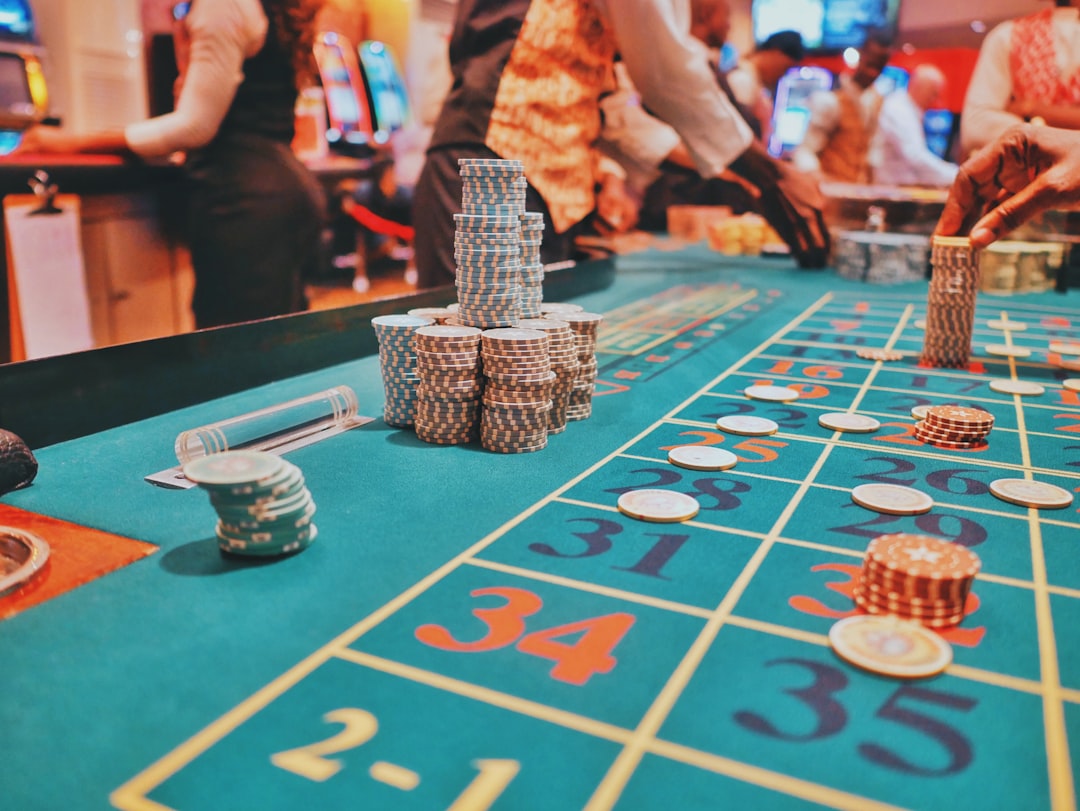Step into a casino, and you’ll find more than flashing lights and the jingle of coins — you’re entering a space designed to orchestrate human attention. Beneath the surface-level spectacle lies a sophisticated psychological strategy: many casinos are constructed to guide patrons into a flow state—a mental zone of intense focus and enjoyment. This concept, well-known in peak performance psychology, helps explain why people can lose hours inside the spin of a roulette wheel or the quiet rhythm of a slot machine.
The flow state, popularized by psychologist Mihaly Csikszentmihalyi, is the mental experience where someone becomes so absorbed in an activity that everything else — time, self-awareness, even hunger — seems to disappear. While often associated with artists, athletes, or professionals deep in “the zone,” casinos show that this state can also be induced under specific environmental and psychological conditions.
What Is Flow State?
Flow is characterized by:
- Total focus: The person is fully immersed and concentrated on one task.
- Loss of self-consciousness: The sense of self or ego fades into the background.
- Distortion of time: Minutes feel like seconds, or vice versa.
- Effortless action: Behavior feels automatic and rewarding.
This state isn’t only enjoyable — it’s highly reinforcing. Once achieved, the brain gets a strong dose of dopamine, encouraging people to repeat whatever got them there. Casinos have learned to exploit this reward system through a mix of design, rules, and sensory cues.
How Casinos Engineer Flow
Casinos use a range of techniques to actively guide gamblers into flow:
- Sensory immersion: Elaborate lighting, vibrant colors, ringing machines, and looping audio tracks all create a hypnotic, encapsulating environment. Every sense is subtly directed toward a single goal: keep playing.
- Seamless game design: Games like slot machines are specifically engineered for flow. They’re simple enough to not overwhelm, but complex enough to keep attention. Players quickly settle into a rhythm, making countless small decisions that provide repetitive feedback — ideal conditions for flow.
- No clocks or windows: Casinos famously eliminate indicators of time. By removing cues, they help distort the player’s sense of how long they’ve been playing, one of the core components of the flow experience.
- Variable rewards: Slot machines and other games use intermittent reinforcement — unpredictable rewards delivered at variable intervals. This uncertainty actually strengthens the desire to play, keeping concentration locked in and encouraging continuous bets.

These elements may seem innocuous, but together they serve a powerful psychological purpose. They reduce external distractions and increase engagement. A person may start a slot machine session simply for entertainment but find themselves in a loop of peak focus and pleasure, losing hours without realizing it.
Risky Territory
While flow can drive peak creativity and performance, in a casino, it blurs the line between fun and risk. Gambling addiction experts note that the flow state can become a “psychological trap.” When a player enters flow, they experience positive emotion and become less critical or analytical — which means they’re less likely to notice their losses building up.
In fact, psychologists have found strong correlations between frequent flow experiences during gambling and problematic gambling behavior. The instant feedback from games and continuous mental stimulation can paint gambling as a productive or skilled task, even when it’s largely based on chance.

Comparing to Other Flow Activities
What’s crucial to understand is that while flow is a natural part of many healthy activities — like playing a sport, solving a puzzle, or painting — in the casino, it’s commercialized. Players aren’t flowing for personal growth or achievement; they’re flowing under the influence of a system designed to extract as much time and money as possible.
Unlike sports, where success often leads to advancement or fitness, casinos offer only the illusion of personal progress — especially in games of luck, where skill is minimal. The flow feels just as rich, but the outcomes are far less meaningful or beneficial in the long term.
Final Thoughts
Casinos are not just halls of chance — they are immersive psychological environments finely crafted to manipulate the human mind. Tapping into the neurological mechanics of the flow state has become one of their most powerful tools. Understanding how this works offers not just insight into the design of gambling spaces but also a cautionary tale about how science meant to drive human excellence can be mirrored for profit.
Recognizing when you’re in a flow state and why can help make more conscious choices — whether at a canvas, on the basketball court, or at a poker table.
